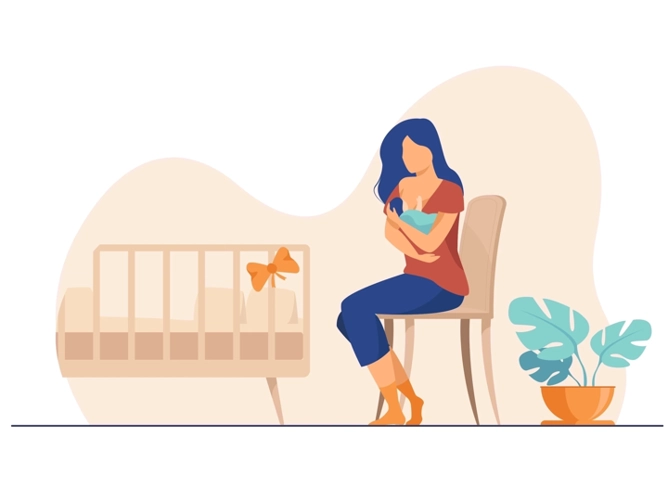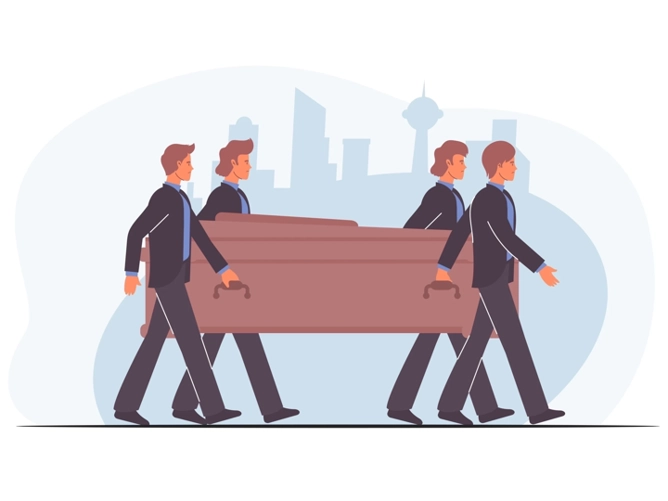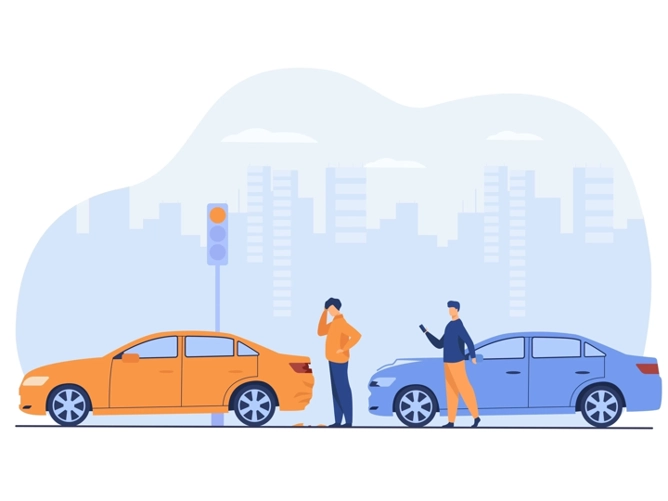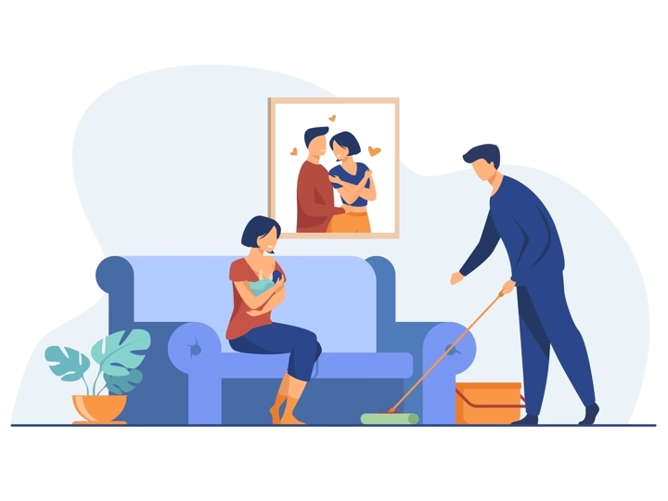
Pharmacy Guide for Expats in Germany
Pharmacy Guide for Expats in Germany
Pharmacy in Germany: The Expat’s Essential Guide to Navigating German Pharmacies
Introduction
Ever rushed out in the rain, Google Maps in hand, searching for a pharmacy in Germany only to realize your foreign prescription wasn’t valid? If you’re like most expats, even simple errands—like getting painkillers or filling a prescription—can feel like decoding a secret language. The world of “Apotheken” (pharmacies) is a cornerstone of German life, yet their strict rules and unique processes often surprise newcomers. But don’t worry: in this comprehensive guide, you’ll learn practical steps, proven expat insights, and expert tips for navigating pharmacy-in-Germany challenges with confidence.
At liveingermany.de, we’ve helped thousands of internationals tackle everything from bureaucracy to health insurance. This guide on pharmacies is part of our growing “guide for expats in Germany,” crafted with an expat’s experience at heart, backed by verified research and up-to-date advice.
The Pharmacy Situation in Germany: Challenges for Expats
Moving to Germany often means swapping 24/7, walk-in chemists and self-serve aisles for a system built on expertise, safety—and a little bureaucracy.
Story:
Imagine Mei, new to Berlin, who wakes with a sore throat. Used to picking up medicine at her local supermarket pharmacy back home, she’s surprised to find German drogeries (drugstores) like DM and Rossmann, but discovers they don’t sell any real medicine at all. Instead, prescription and many non-prescription medications are sold only through designated “Apotheken”—recognizable by their big red ‘A’ sign. Mei’s confusion grows: the pharmacist asks for her “Rezept,” but her English prescription isn’t accepted, and opening hours are much shorter than she expected.
Emotional Impact:
For expats, this maze can be worrying—especially if you’re sick, alone, or not fluent in German. With prescriptions tightly regulated, many common medicines behind the counter, and insurance paperwork to consider, it’s easy to feel lost.
But, with a little knowledge, Germany’s pharmacy system is actually supportive, reliable, and among Europe’s best for safety and expertise.
How Pharmacies in Germany Actually Work
Types of Pharmacies
- Apotheke: The ONLY place to fill medical prescriptions or get over-the-counter (OTC) medicines. Staffed by highly trained pharmacists, they also offer professional health advice (source, source).
- Drogerie (Drugstore): Shops like DM, Rossmann, or Müller. Convenient for toiletries, baby care, cosmetics, and vitamins—but absolutely NO prescription or OTC medicines.
Prescriptions & Regulations
- Prescription Medications:
- You must present a German doctor’s prescription (“Rezept”).
- Foreign (non-EU) prescriptions are generally not accepted. Some EU-origin prescriptions may qualify under specific conditions, but check in advance (source).
- Medications like antibiotics, birth control, and even some allergy remedies require a prescription.
- OTC Medicines:
- You cannot simply pick up ibuprofen or cough syrup from the shelves!
- OTCs are kept behind the pharmacy counter; you’ll need to request them from staff, who may ask about your symptoms for safety reasons (source).
- Health Advice:
- Pharmacists routinely offer expert guidance on dosages, alternatives, and whether you should see a doctor.
Insurance & Payments
- Prescription Medication Costs:
- Public insurance: Expect a small co-payment, typically €5-10 per medication.
- Private insurance: You may pay up front, then claim a reimbursement.
- Uninsured: Pay the full price.
- Always carry your insurance card for direct billing. (source)
- OTC Medication:
- Not usually covered by German health insurance. Plan to pay out-of-pocket.
Tip: Always clarify with your insurance which medicines and costs are covered before visiting the pharmacy.
Finding Pharmacies
- Identification: Look for the bright red “A” outside a store; this is your marker for a legitimate “Apotheke.”
- Opening Hours:
- Most open weekdays until ~6:30 PM, half-day Saturdays, closed Sundays/holidays (except for emergencies).
- Emergency/“Notdienst” pharmacies operate nightly or on weekends; find local listings on the pharmacy door or online (source).
Telemedicine: The Digital Shortcut for Expats
For simple ailments, you can use telemedicine platforms for doctor consultations and digital prescriptions—saving time and reducing in-person visits (source).
Practical Tips: Making German Pharmacies Work for You
1. Always Get a Local Prescription
- If you need a prescription-only medication, see a German doctor first—even if you already have a prescription from home.
2. OTC = “Ask, Don’t Grab”
- Over-the-counter doesn’t mean “self-serve.” Politely describe your symptoms to the pharmacist. Using basic German phrases like “Haben Sie etwas gegen Kopfschmerzen?” (Do you have something for headaches?) goes a long way.
3. Know the Roles: Drogerie ≠ Apotheke
- For any medication, go directly to an Apotheke, not a DM or Rossmann.
4. Emergency?
- If you need meds after hours, find the local “Notdienst” pharmacy posted at the nearest Apotheke or search “Notapotheke + [your city]” online.
5. Keep Insurance Docs Handy
- Your European Health Insurance Card (EHIC), private insurance card, or policy details will speed up the process and ensure you get the right reimbursement.
Reflective Question:
What’s been your biggest challenge in getting health advice or medication since arriving in Germany? Let us know in the comments and help the expat community thrive!
Affiliate CTA: Insurance Made Easy for Expats
Looking for insurance that actually understands expat life in Germany?
Try Ottonova Consultation, Germany’s digital private insurance made especially for internationals. They offer English support, easy onboarding, and tailored health plans.
(Affiliate link – we may earn a commission at no extra cost to you.)
Live in Germany’s Expertise: Trust, Experience & Community
At liveingermany.de, we don’t just paraphrase government leaflets—we’re expats ourselves. We’ve navigated cryptic prescription rules, deciphered insurance codes, and helped thousands with our growing library of practical, trustworthy guides.
- Our tips are road-tested by real expats and based on official sources for trustworthiness.
- We regularly update content so every step, from your first “Anmeldung” to finding the right pharmacy, is clear, accurate, and up-to-date.
Looking for more? Browse our resources for free city checklists, language learning tips, and an active expat community ready with answers.
liveingermany.de—trusted by expats, for expats.
FAQ: Pharmacies in Germany
1. What is Pharmacy in Germany?
A “pharmacy” (Apotheke) in Germany is a highly regulated, specialized shop where both prescription and non-prescription medicines are dispensed. Pharmacists must complete extensive training and provide expert health advice. Do not confuse pharmacies with “Drogerien,” which sell only non-medical items (source).
2. How to get started with pharmacy in Germany?
- Register for health insurance (public or private).
- If prescription medication is needed, see a local (German) doctor for a valid Rezept.
- Bring your insurance card and prescription to the nearest Apotheke.
- For OTC drugs, ask the pharmacist—they’ll help find what you need.
3. Is pharmacy in Germany available for expats?
Absolutely. All expats have access to German pharmacies. However, most prescriptions must come from a German doctor, and communicative confidence or some basic German is helpful. English-speaking staff are common in big cities, but less so in rural areas.
Citations & Sources
- Ottonova Expat Guide: Pharmacy in Germany
- IAmExpat: Pharmacies & Medicine in Germany
- Expatsi Healthcare in Germany Report
- MobiDoctor: Healthcare in Germany for Travellers and Tourists
- Study in Germany: Health
Data verified as of 2025. Every effort is made to provide accurate, trustworthy, and up-to-date information for expats in Germany.
Meta Description: Step-by-step guide on pharmacy in Germany for expats living in Germany.

Jibran Shahid
Hi, I am Jibran, your fellow expat living in Germany since 2014. With over 10 years of personal and professional experience navigating life as a foreigner, I am dedicated to providing well-researched and practical guides to help you settle and thrive in Germany. Whether you are looking for advice on bureaucracy, accommodation, jobs, or cultural integration, I have got you covered with tips and insights tailored specifically for expats. Join me on my journey as I share valuable information to make your life in Germany easier and more enjoyable.





